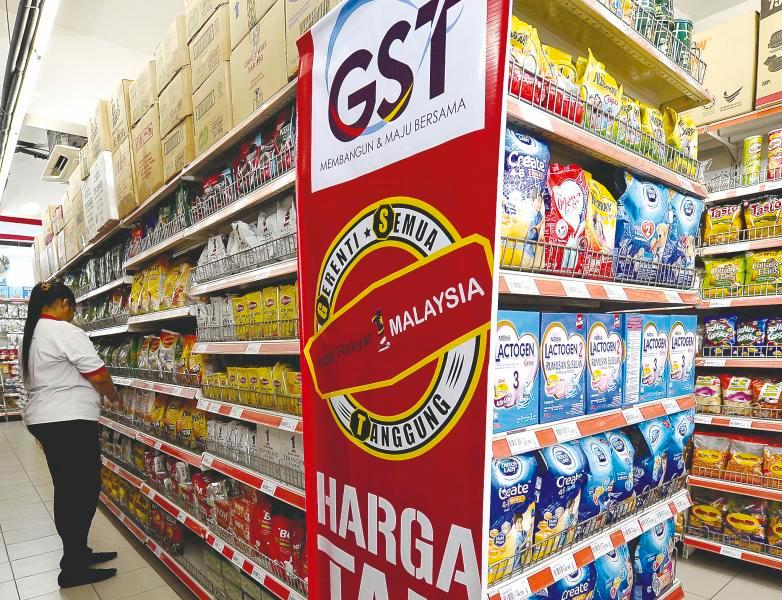PETALING JAYA: Economists have expressed differing views on the reintroduction of the goods and services tax (GST), with one believing it may be implemented and another doubting it.
They were commenting on former prime minister Datuk Seri Ismail Sabri Yaakob’s recent call to reinstate GST as a better option to boost government coffers than maintaining the Sales and Service Tax (SST).
Bank Muamalat Malaysia Bhd chief economist and social finance head Dr Mohd Afzanizam Abdul Rashid said the introduction of the tax identification number and e-invoicing indicates GST might be implemented in the future.
He said for now, the government is attempting to find a careful compromise between maintaining a strong financial position and providing aid to those in need.
“Implementing the Public Finance and Fiscal Responsibility Bill demonstrates a commitment to reforming the fiscal situation.
“It shows the government is taking steps to ensure that any (negative) effects are manageable,” he said.
However, economist Geoffrey Williams said it is highly doubtful that GST would be reimplemented as it would impact national economic growth and stability.
“GST reinstatement has been a topic of debate for a while, with some advocating its return to address national debt issues.
“However, Prime Minister Datuk Seri Anwar Ibrahim made it clear in February that there are no plans to reintroduce GST or any other broad-based consumption tax.”
Williams said while some believe the implementation of GST would increase revenue and help the government better manage fiscal policies, Anwar rightly emphasised the need to address wastage, leakage and corruption and re-evaluate subsidy allocations.
“This approach is crucial to avoid further wasteful spending in an already inefficient system. While it may generate additional tax revenue, it would do so by taking money from the people, including the B40 group.
“GST is regressive. The lower-income group will end up paying a higher portion of their income in taxes compared with higher-income groups,” he said.
Williams, who is also Malaysia University of Science and Technology professor and provost for research and innovation, said determining the appropriate GST rate is also a challenge.
He added that instead of reintroducing GST, the government has opted to explore other tax options.
“Higher SST, capital gains tax, luxury goods tax and even sugar taxes have been implemented to increase income while reducing inefficiencies and subsidies.
“Alternatives to GST such as payments tax, tax on non-wage income and wealth taxes should be explored as they have the potential to raise significant revenue without disproportionately affecting the poorest groups.”
He said the potential benefits of reintroducing GST, such as increased revenue or reduced tax evasion, are outweighed by the negative consequences.
“Increased revenue comes at the expense of higher tax payments, particularly for lower-income groups. Tax evasion remains a problem regardless of the tax system in place.
“Consumer spending and purchasing power would also be affected by the reintroduction of GST.”
He said the reduced purchasing power of consumers may lead to a shift in spending patterns towards cheaper goods, which would alter market dynamics.
“Even the manufacturing, services and agriculture sectors would face increased costs and prices, requiring companies, including micro, small and medium enterprises, to adjust their systems to accommodate yet another tax.”
To alleviate the burden on low income households, Williams said the idea of compensating them through cash transfers has been proposed.
“However, this approach is complex and could be avoided altogether by not imposing the tax on them in the first place.”














